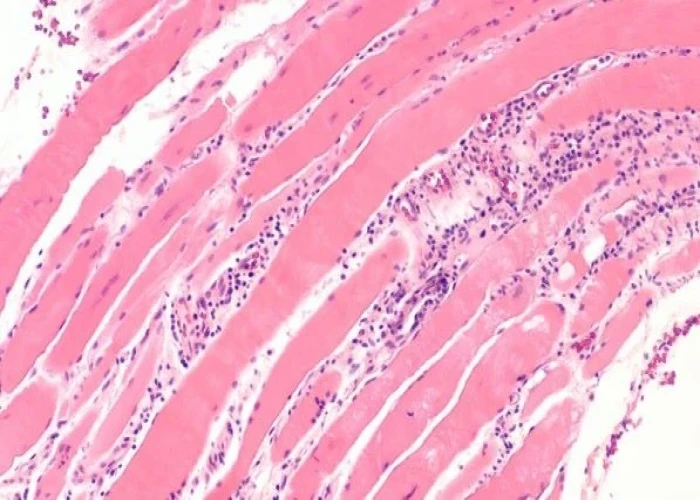 Welcome
Welcome
“May all be happy, may all be healed, may all be at peace and may no one ever suffer."
Polymyositis

Polymyositis is a rare autoimmune disease that causes inflammation and weakness in the muscles, particularly those closest to the trunk of the body. It is one of a group of diseases known as idiopathic inflammatory myopathies.
The exact cause of polymyositis is not known, but it is believed to be related to a malfunction in the immune system, which causes it to attack and damage healthy muscle tissue. It is more common in women than men, and typically occurs in people between the ages of 30 and 60.
Symptoms of polymyositis may include muscle weakness, particularly in the neck, shoulders, hips, and back, difficulty swallowing, fatigue, weight loss, and joint pain. These symptoms may develop gradually over a period of months or years.
Diagnosis of polymyositis typically involves a physical exam, blood tests to check for markers of inflammation and muscle damage, electromyography (EMG) to evaluate muscle function, and sometimes a muscle biopsy to confirm the diagnosis.
Treatment for polymyositis usually involves a combination of medications to reduce inflammation and suppress the immune system, such as corticosteroids and immunosuppressants. Physical therapy may also be recommended to help maintain muscle strength and function.
While polymyositis can be a chronic condition, most people experience significant improvement with treatment. Regular follow-up appointments with a healthcare provider are important to monitor symptoms and adjust treatment as necessary.
If polymyositis is suspected, it is important to seek medical attention promptly to ensure proper diagnosis and treatment.
Research Papers
Disease Signs and Symptoms
- Muscle weakness
- Weakness
Disease Causes
Polymyositis
The exact cause of polymyositis is unknown, but the disease shares many characteristics with autoimmune disorders, in which your immune system mistakenly attacks your own body tissues.
Disease Prevents
Disease Treatments
Although there's no cure for polymyositis, treatment can improve your muscle strength and function. The earlier treatment is started in the course of polymyositis, the more effective it is — leading to fewer complications.
However, as with many conditions, no single approach is best; your doctor will tailor your treatment strategy based on your symptoms and how well they respond to therapy.
Medications
The most commonly used medications to treat polymyositis include:
- Corticosteroids. Drugs such as prednisone can be very effective in controlling polymyositis symptoms. But prolonged use of these drugs can have serious and wide-ranging side effects, which is why your doctor may gradually taper the dose of medication down to lower levels.
- Corticosteroid-sparing agents. When used in combination with a corticosteroid, these drugs can decrease the dose and potential side effects of the corticosteroid. The two most common medications used for polymyositis are azathioprine (Azasan, Imuran) and methotrexate (Trexall). Other medications prescribed for polymyositis include mycophenolate mofetil (CellCept), cyclosporine and tacrolimus.
- Rituximab (Rituxan). More commonly used to treat rheumatoid arthritis, rituximab is an option if initial therapies don't adequately control your polymyositis symptoms.
Therapy
Depending on the severity of your symptoms, your doctor might suggest:
- Physical therapy. A physical therapist can show you exercises to maintain and improve your strength and flexibility and advise an appropriate level of activity.
- Speech therapy. If your swallowing muscles are weakened by polymyositis, speech therapy can help you learn how to compensate for those changes.
- Dietetic assessment. Later in the course of polymyositis, chewing and swallowing can become more difficult. A registered dietitian can teach you how to prepare easy-to-eat, nutritious foods.
Surgical and other procedures
Intravenous immunoglobulin (IVIg) is a purified blood product that contains healthy antibodies from thousands of blood donors. These healthy antibodies can block the damaging antibodies that attack muscle in polymyositis. Given as an infusion through a vein, IVIg treatments may need to be repeated regularly for the effects to continue.
Disease Diagnoses
Disease Allopathic Generics
-
Diclofenac Sodium
Diclofenac sodium is a medicine for pain due to injury or severe muscle pain due to any reason.
After 1/2 day or 1 injection in the flesh daily for 2/3 days.
-
Ketoprofen (Oral & injection)
Medicines containing ketoprofen for soft cell inflammation.
1 pill 2 times a day 1/2 hour before or 2 hours after food.
-
Naproxen Sodium
Adult 500mg 1 pill in the morning 1 pill at night after meal.
-
Vitamin B1 + B6 + B12
1 ampoule of Ty Adiplex and 1cc of Cytamine intramuscularly every 2/3 days.
-
Multivitamin & Multimineral
1 time daily after meals.
-
Calcium Lactate
Medicines containing calcium lactate if muscle or vein (vein) is pulled.
1 pill 2/3 times a day (15 days).
-
Nitrazepam
If the pain is less, half a pill before going to sleep or if it is more, 1 pill is used.
Disease Ayurvedic Generics
Disease Homeopathic Generics
Disease yoga
Polymyositis and Learn More about Diseases
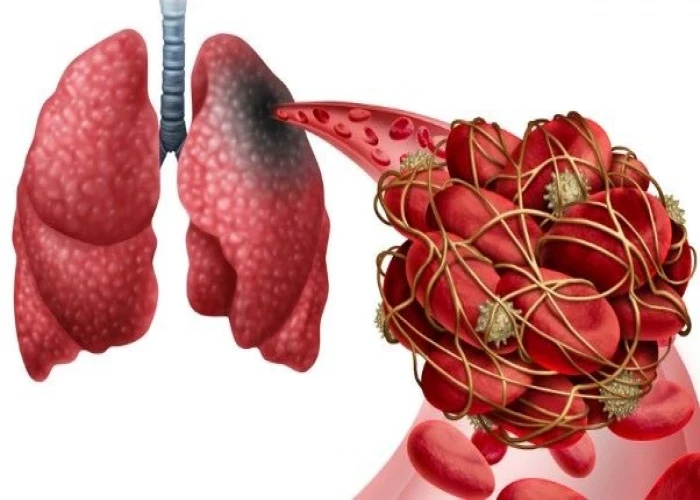
Pulmonary embolism
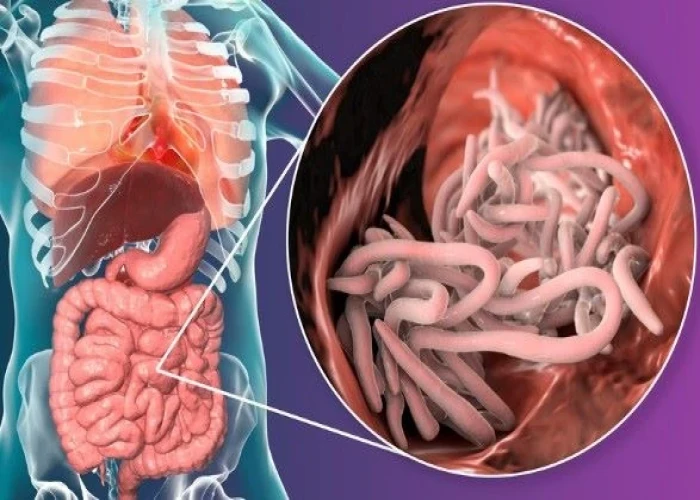
Round Worm
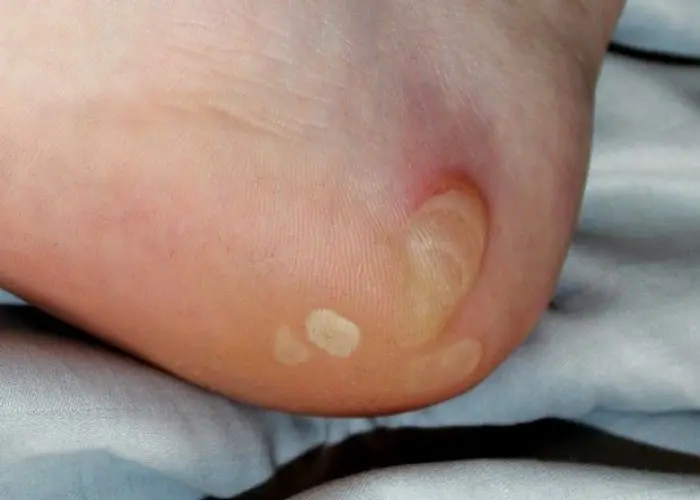
Epidermolysis bullosa

Peyronie's disease
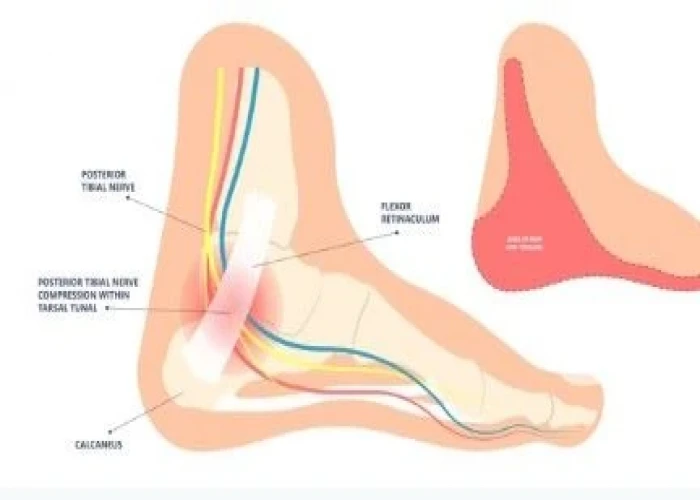
Popliteal artery entrapment syndrome

Autoimmune pancreatitis
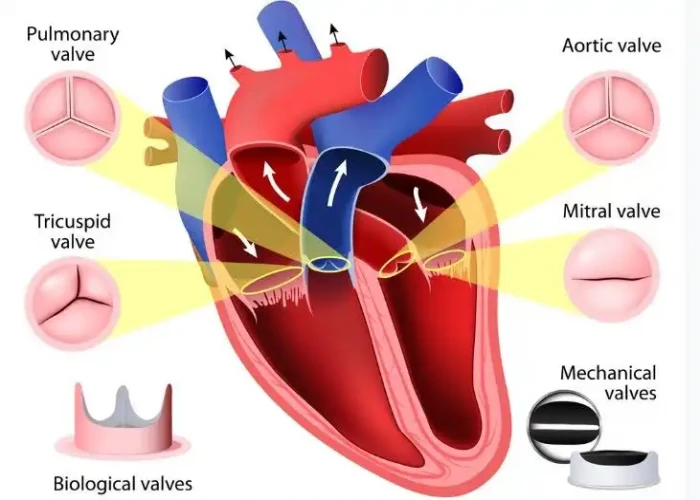
Tricuspid valve regurgitation

Esophageal cancer
polymyositis, পলিমিওসাইটিস
To be happy, beautiful, healthy, wealthy, hale and long-lived stay with DM3S.
